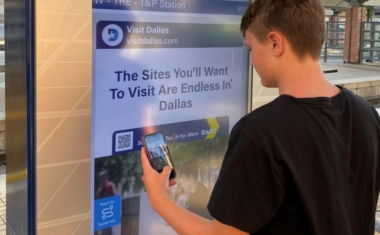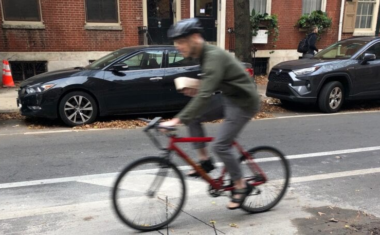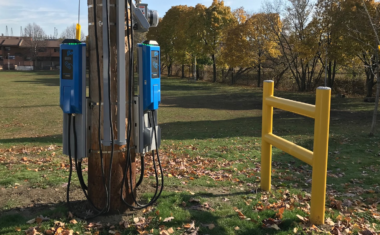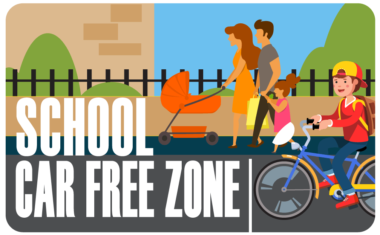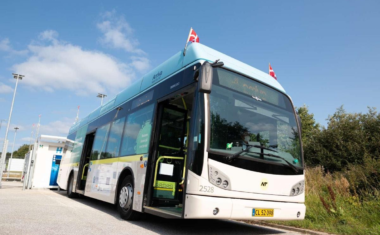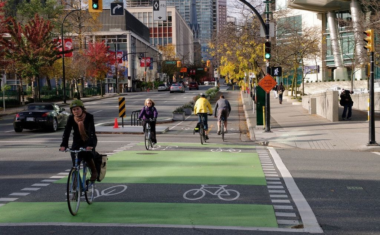Car Free School Streets
- 5
- 7 min to read
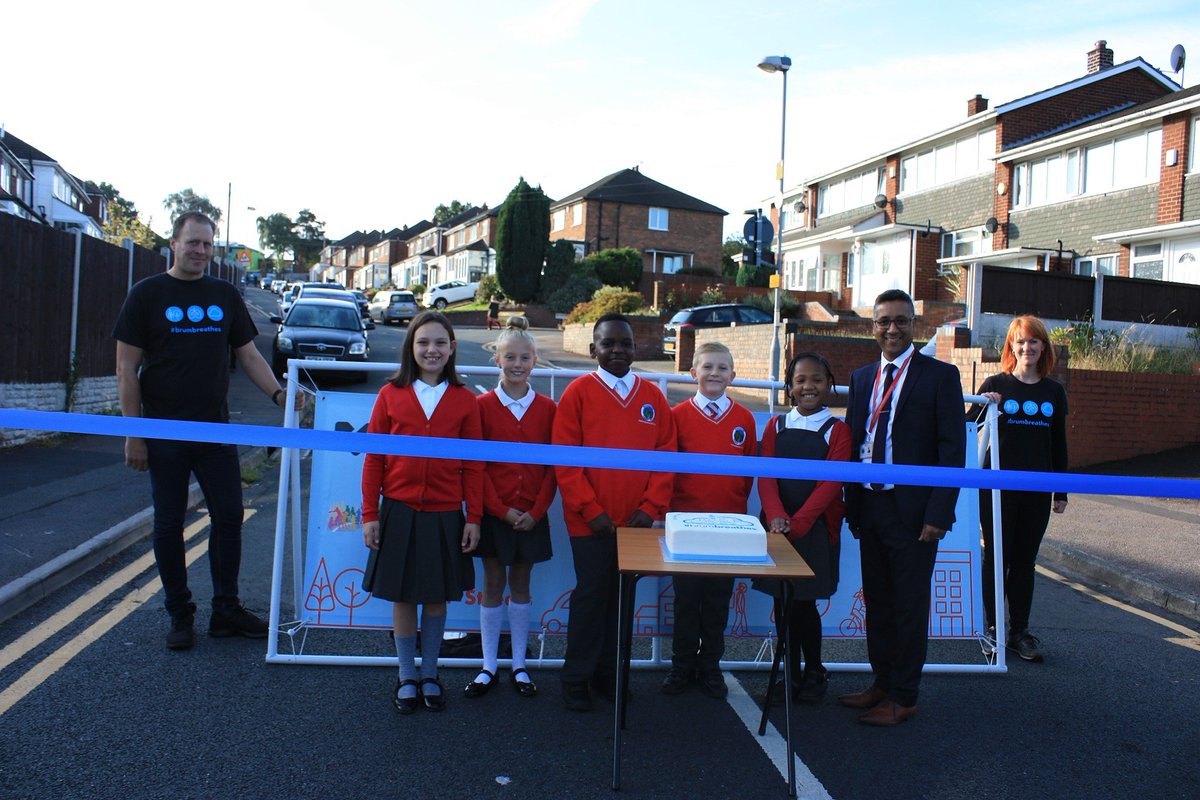
About the city. As in the rest of England and Wales, education is compulsory in Birmingham between the ages of 5 and 16. The majority of children are educated in state schools.
Goal
The main goal is to reduce congestion and improve air quality at the school gates as well as making it easier and safer to walk or cycle to school.
This scheme aims to:
-
cut down on traffic and parking pressures outside schools
-
discourage car journeys to school and encourage walking and cycling
-
make the streets outside schools safer at the start and end of the day
-
improve air quality and create a more pleasant environment for everyone
Implementation period. Since September 2019.
Fact
Transport is responsible for around 80 per cent of pollutants such as nitrogen oxides and the school gate is a location where we are particularly exposed to this.
Solutions

A pioneering scheme that closes roads around schools to motorised traffic for up to an hour at the start and end of the school day is being piloted in Birmingham.
The schools involved are Alston Primary (Heartlands), Chilcote Primary (Hall Green South), Cofton Primary (Longbridge & West Heath), Featherstone Primary (Stockland Green), Nelson Primary (Ladywood), and St Francis CE Primary (Bournville & Cotteridge).
Local residents living on the streets affected are issued with permits to access their properties and there will be some other exemptions, including blue badge holders and emergency services. Anyone else driving in the restricted zone at these times can be issued with a Fixed Penalty Notice charge of £50.
How schools are selected
Prior to submitting your expression of interest, please read the following guidance notes in order to ensure your school would be a suitable a location for the scheme:
Location
-
Most suited to roads where there is little or no through road access, e.g. cul de sacs (more likely to be considered if only one/two points of entry).
-
Main arterial/distributor roads and roads used by bus services cannot be included.
-
Surrounding streets should be able to accommodate any displaced traffic/parking.
-
Local infrastructure is in place to support alternative means of travel, especially walking and cycling, e.g. local routes, safe crossing points, cycle storage.
-
Availability of suitable ‘Park & Stride’ locations nearby.
-
Consideration of any other traffic generators in the vicinity, e.g. shops, businesses, health centres, leisure facilities which could have an impact on the scheme.
Engagement and commitment
-
Schools need to be signed up with and participating in the Modeshift STARS programme (including working towards accreditation and completion of a travel plan).
-
School travel surveys will have recently been completed and will be collected from pupils on a regular basis.
-
Previous activities or initiatives to encourage safer, greener and healthier travel.
-
Previous activities or initiatives to address problem parking at the school gate.
-
Schools will recruit volunteer marshals to staff the closure for at least the early stage of the scheme. Reminder activity will take place at the start of and intervals throughout every term.
-
Commitment from the school to promote and support the pilot as appropriate.
-
Proven support from school staff, parents, residents and local councillors.

Team
Local authorities, Bermingham City Council.
Timeline
Since September 2019, roads outside 6 schools in Birmingham have been closed to motor traffic at the start and end of the school day. Building on the success of this initial pilot, the initiative is being expanded to include 6 additional schools for the 2020 to 2021 academic year.
If you notice an error or inaccuracy in our editorials, please email [email protected] so we can look into it.

